Recommendation Tips About How To Check For An Enlarged Prostate
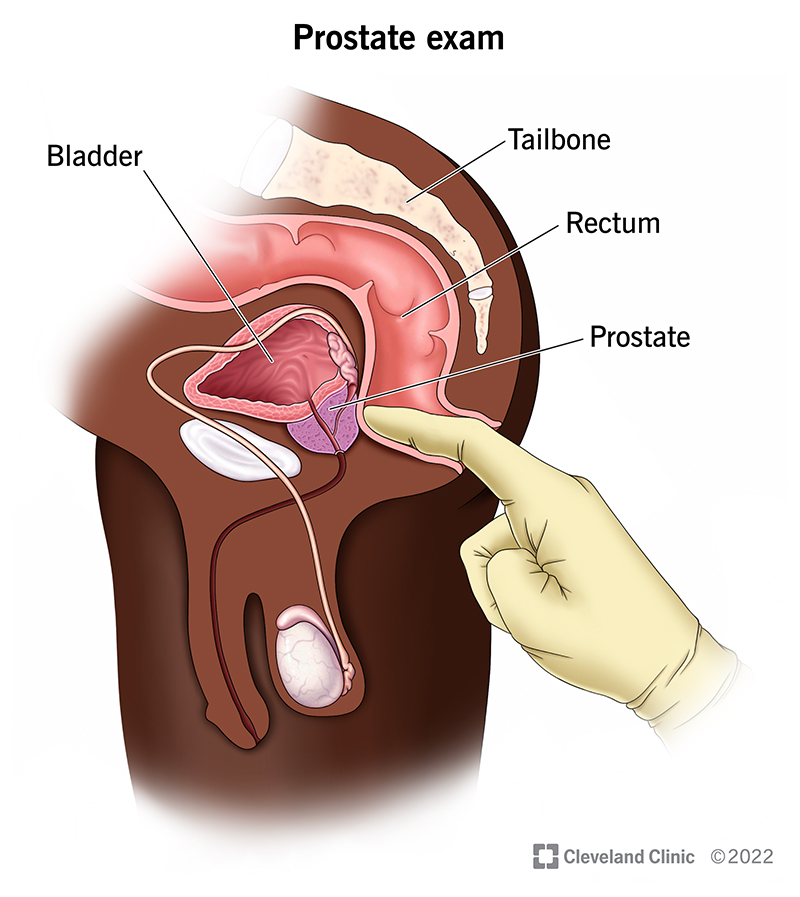
Symptomatic management and treatment of the underlying cause.
How to check for an enlarged prostate. An ultrasound uses sound waves to make a picture of your prostate gland. Your doctor may evaluate your condition by asking you questions about the severity and type of symptoms you have and how much of an impact they have on your daily routine. You urinate into a receptacle attached to a machine that measures the strength and amount of your.
Various treatments for enlarged prostate. While there are several possible causes of an enlarged prostate, there are two main treatments: To find out whether your prostate gland is enlarged, you'll need to have a few tests.
Psa testing is a common method to test for prostate cancer. Prostate specific antigen test (psa). A urinalysis and urine culture.
An enlarged prostate gland can cause uncomfortable urinary symptoms, such as a weak urine stream, urine stream that starts and stops, frequently getting up at night to urinate,. You may also feel the urge to urinate, especially if your prostate is enlarged or inflamed. Another test measures postvoid residual, the amount of urine left in the bladder when urination stops.
Your doctor will be able to tell you if your prostate seems to be a normal size and. Your provider inserts a gloved, lubricated finger into the rectum to check the prostate gland for pain and swelling. Through a routine blood draw, this test can be.
One of the first symptoms of prostate issues is pain or tenderness in the groin or lower back. You can have this test at your doctor's office or a hospital. The doctor will recommend this to loosen the bladder neck muscles and its fiber in the prostate.
With bph you probably need to empty the bladder more often than before, also during the night. If your prostate is enlarged. Its common with incomplete voiding.
You may also be offered a prostate specific antigen (psa) blood test. What are the signs of enlarged prostate? Psa is a protein produced by cells in your.
Some tests will be done by a gp and, if needed, others will be carried out by a doctor who specialises in. Common symptoms of an enlarged prostate include frequent and urgent urination, troubles with urine stream, incontinence and dribbling, pain after urination, and urine remaining. It can show whether it is enlarged or you have a tumor.



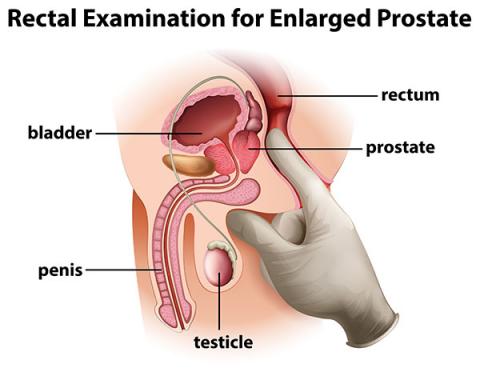


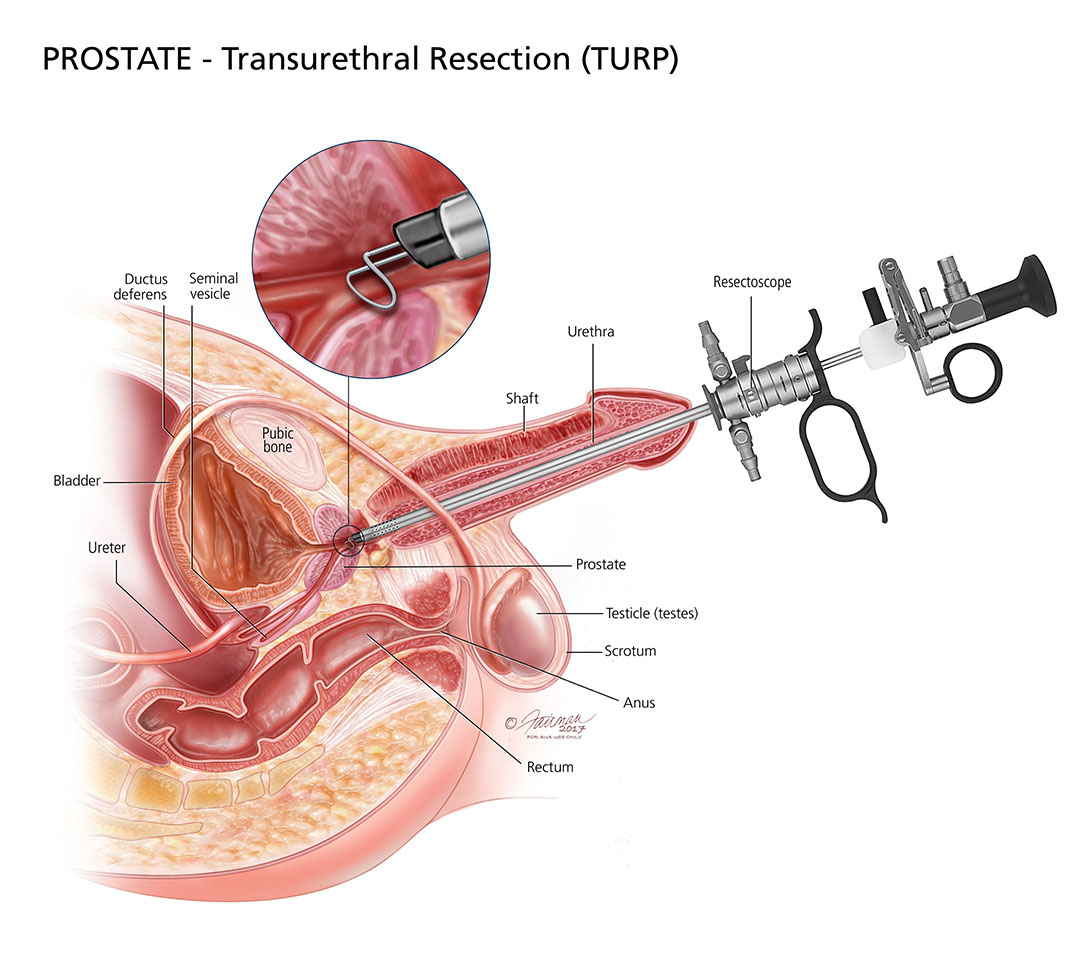


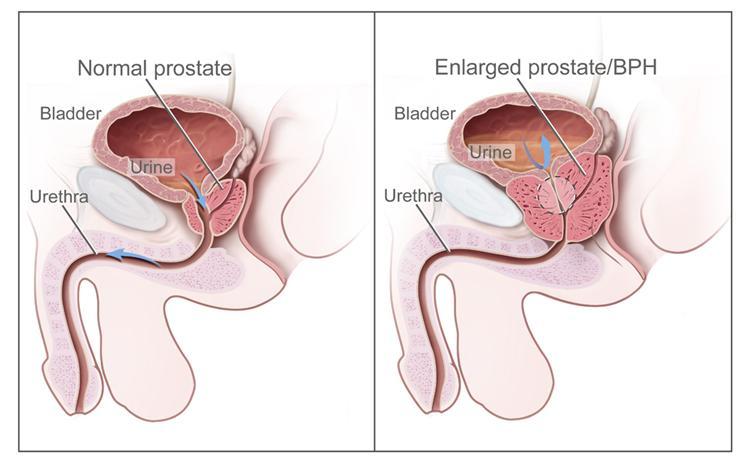
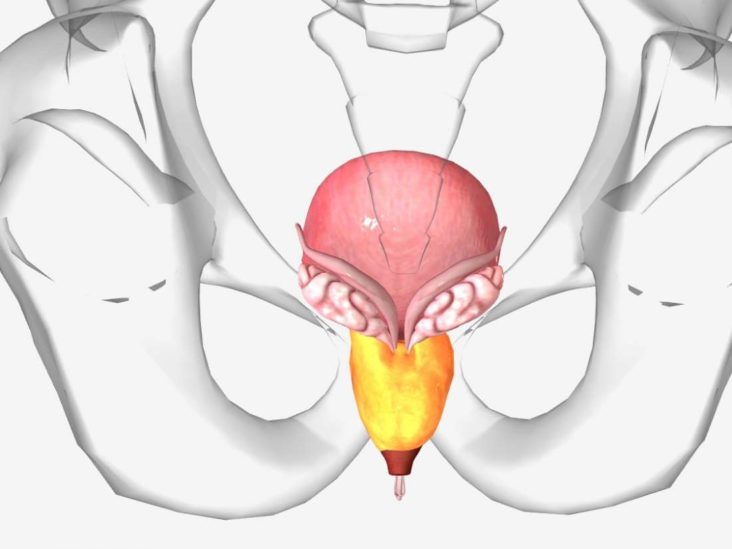
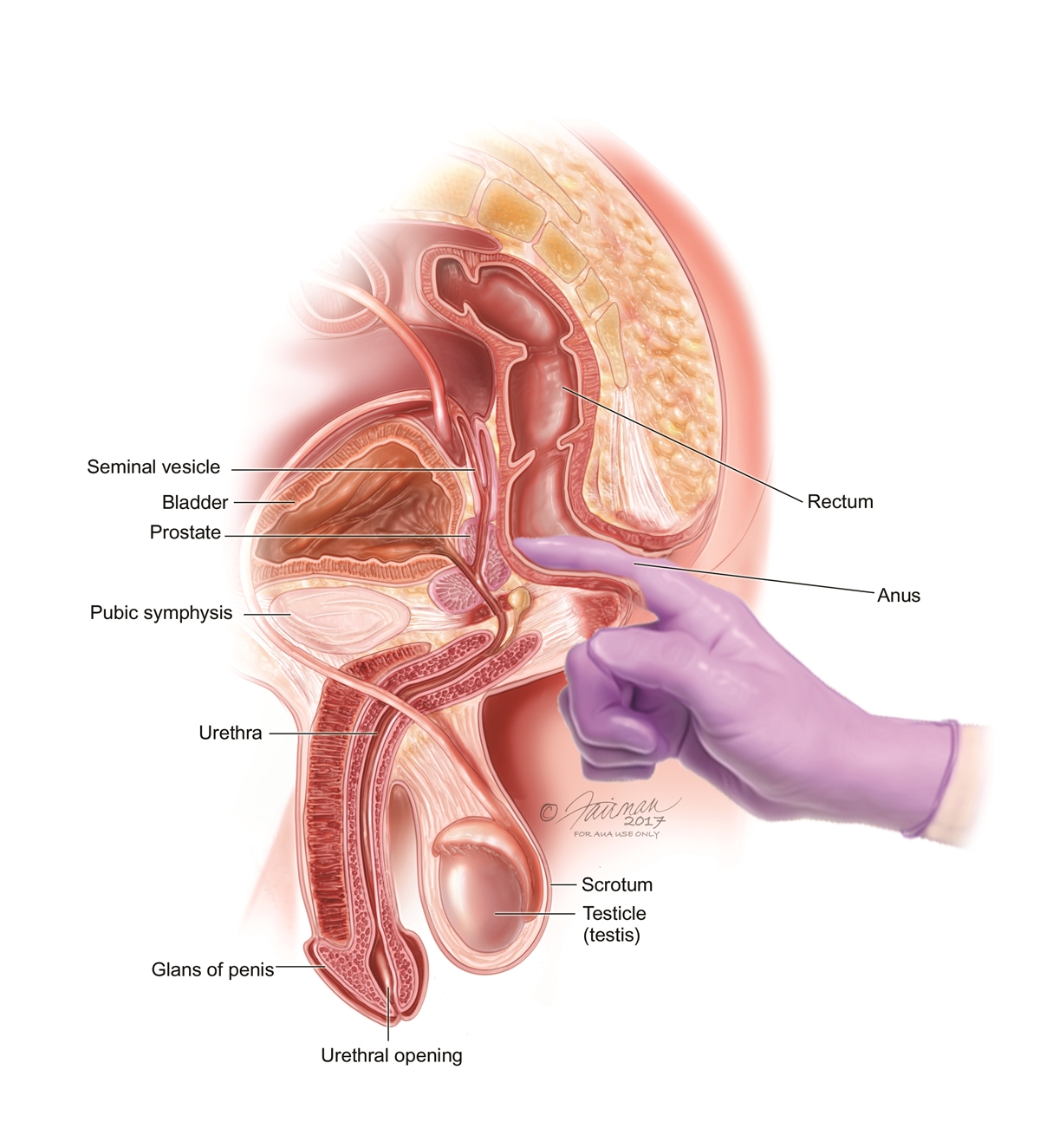

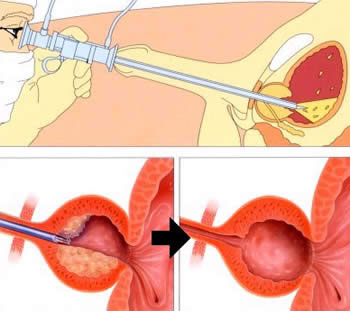
:max_bytes(150000):strip_icc()/Prostate-examination-2329024_final-70d6f3bf55c14de78391b9051250cbc0.png)



